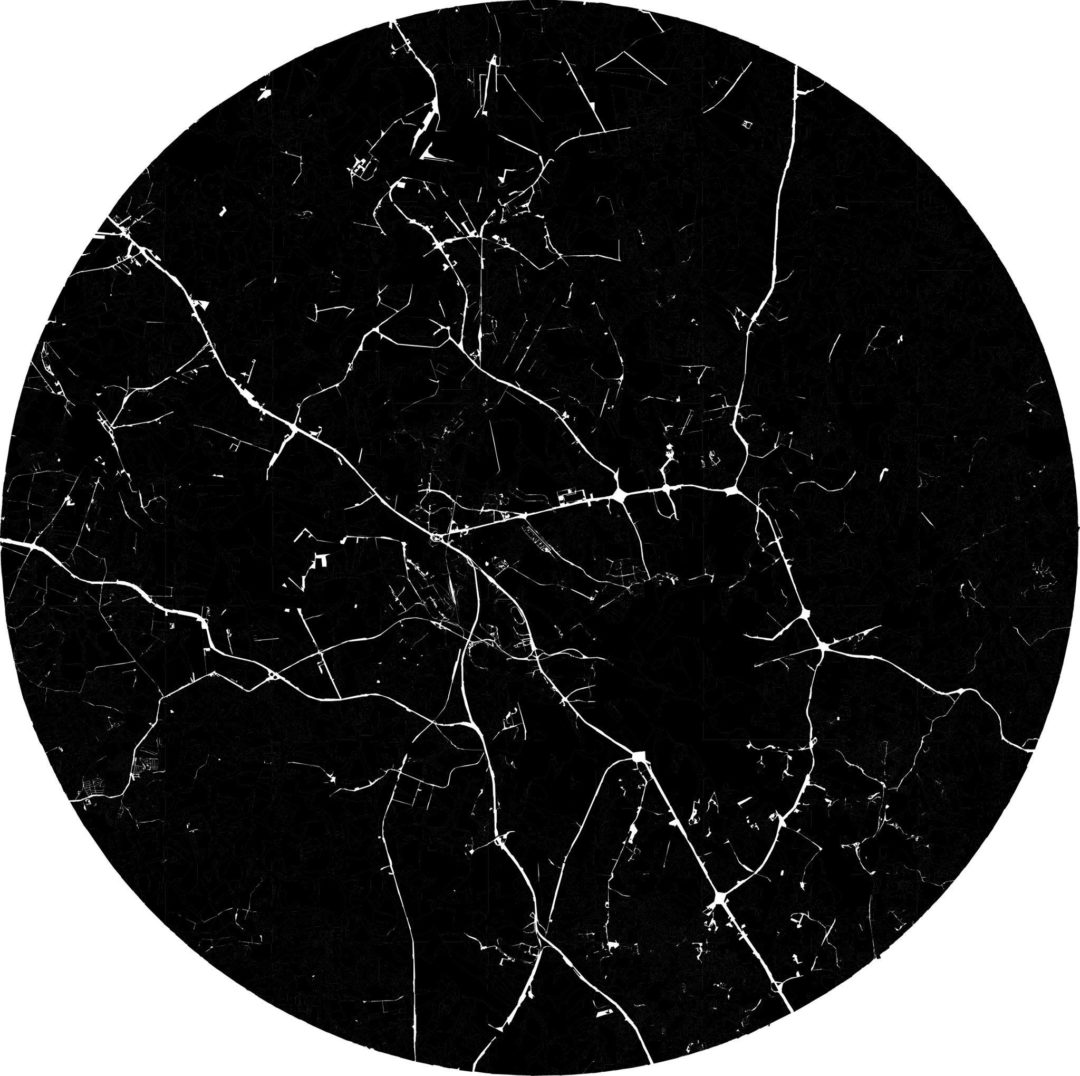First and foremost, we are going to start by defining the problem.
A problem which already existed has been way more stressed by the covid19 crisis. This particular event has made us realized of the lack of preparedness of our Society when tackling global crises. And the covid19 example is just a drill compared to what the climate emergency will look like.
Our group has identified two mayor gaps. In how this crisis has been handled and yet necessary to address in order to face environmental challenges.
The gaps are:
– the science-based knowledge, although being very important, often lacks topical information coming from local and indigenous experience; and
– the contrast of the decisions taken by governments with the local community needs.
Local and indigenous knowledge and experiences are fundamental, but seldom taken into account, because they provide a complete picture of the situation.
(Bianca) Slide 5 – The aim
However, Covid 19 has left us of examples of the kind of solutions we need, all presenting a common characteristic: local resilience.
What drives us towards our aims:
– we need to preserve local initiatives that have flourished during the covid crisis.
– none the less, we need to enhance the coordination between these local initiatives, which include also informal networks, with the formal actors and networks e.g. Academia and Local Governments.
– it was vital to enable civic participation in the decision-making processes and policy-making. The climate emergency, just the covid19, it is an issue that affect us all. Therefore, everybody should be included in the fight, especially youth!
And last:
– the biggest lesson that covid19 has taught that us is not to undermine the role of prevention. We arrived unprepared in this covid19 crisis but we are maybe on time for addressing the current climate emergency.
(Max) Slide 6 – Case studies: Lebanon and BCN
Thank you, Bianca for framing the issue.
Now we will show you our stories and we start from two Covid-related cases.
On the left, you may find the Lebanon case: the Ardi Ardak initiative. Lebanon is currently facing several crises, and the last covid one worsened the socio-economic situation. The Ardi Ardak initiative aimed at enhancing the food security by focusing on small scale holders, particularly women, but also youth and the disadvantaged groups. The initiative highlighted the importance of local self-sufficiency in times of crisis and encouraged the creation of community-oriented policies and actions.
On the right side, you may find the Barcelona case and the story of a Living Lab. The covid situation is challenging all aspects of our lives – including the medical devices supply-chain.
A Living Lab is an innovation-oriented user-centred and inclusive environment. In the BCN case, Leitat, which is a health care living Lab, produced components for ventilators in an innovative and agile way at the service of several local hospitals. So, can this trans-disciplinary approach be useful also for agile and innovative responses to CC? We think it can.
(Max) Slide 7 – Case studies: Algeria
Now we move to a climate-related successful story from Algeria – Kabylia.
This region is rich in forest and often experienced wildfires and droughts which caused dramatic consequences for natural and human systems. To tackle these threats, especially fires, the local communities self-organized into regional and local committees (Twiza).
Among the several tasks, Twiza are:
– Raising awareness among local residents
– Controlling and cleaning bushes around the village and between forests in order to preventively cut the fires spreads
– Coordinating with forest managers and firefighters
– Acting in case of fire (DRM)
Great results have been achieved hitherto, like:
– Forest rehabilitation
– Scaling up and institutionalization of these civic committees
And now I leave the floor again to Bianca.
(Bianca) Slide 8 – BCN Pla Clima and Climate Emergency case
(Bianca) Slide 9 – French case: Salt Lake
(Bianca) Slide 10 – Conclusions
All these successful stories proved that local initiatives are vital component in the achievement of climate resilience. Through them our group concluded on the following premises:
– Participative networks are necessary. Places in which representatives from all sectors of society can discuss.
– We have seen how these networks can take the shape of popular assemblies and living labs. However, what is crucial is the participation of regular day-to-day people. As we have seen in the cases of Algeria, France, and Spain, these local participation processes led to successful outcomes.
– We have also been able that youth must be included! The cases in Lebanon and Barcelona portraited how young people are motivated to get involved and how current and future young generations can bring innovation, both technologically and socially.
– These conclusive remarks let us also ponder on the fact that these local initiatives can lead the way to a bigger systemic change through Education – by education we mean all the processes that empower people of all ages, through e.g. school curricula, professional associations and registers, civic centres, among the many. Environmental- and Climate-oriented Education can definitely raise awareness.
Although being necessary to work on Education, actually people are already willing to act. Time has come for the Scientific community and the governments, especially the National and International ones, to acknowledge that the local communities involvement in science production and decision-making should be MANDATORY. And the effectiveness of such statement has been demonstrated by the cases exposed – which are just examples of the wide and huge variety of successful stories from our Mediterranean region.


